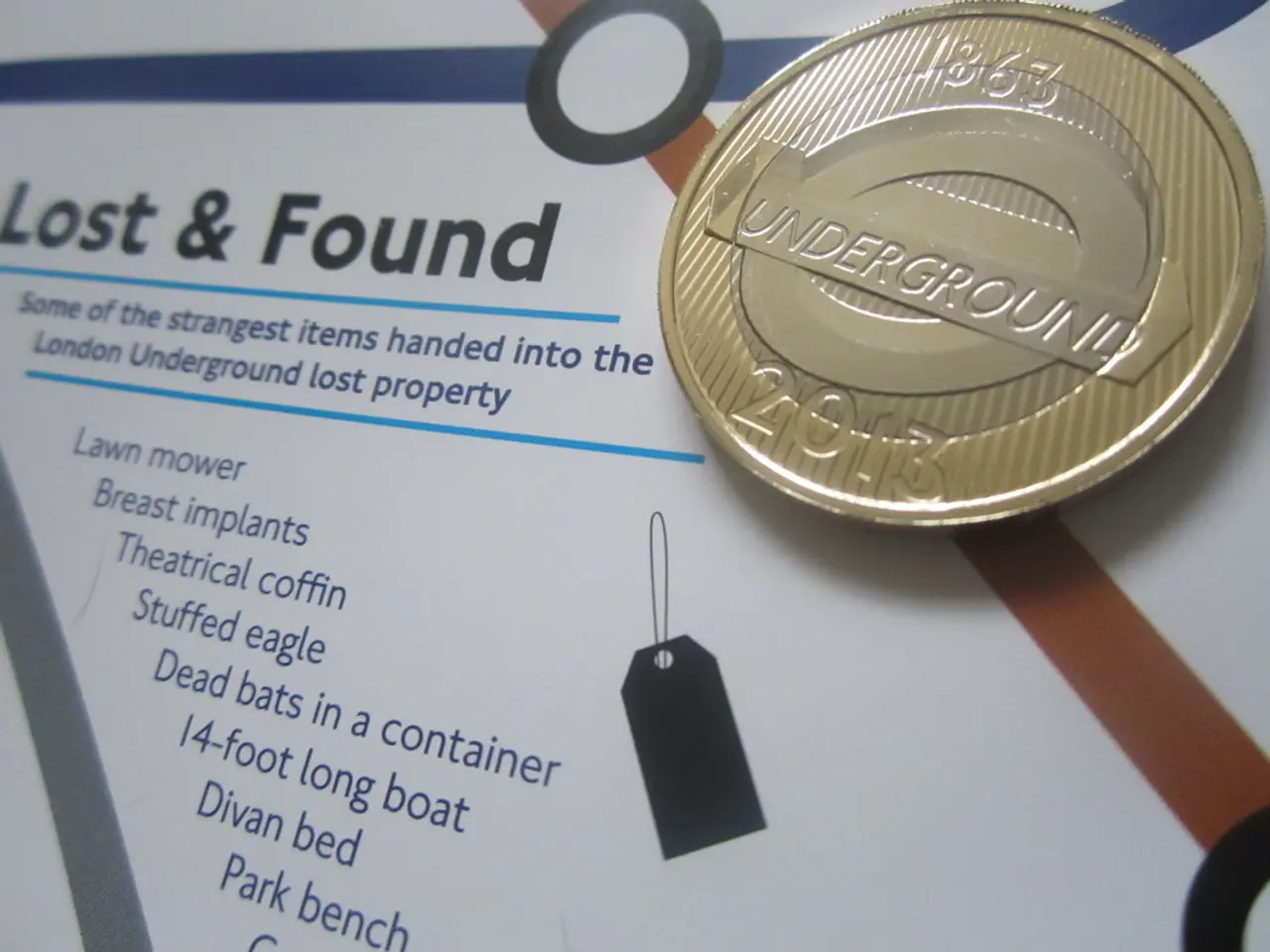Tripartite Success in Proof of Concept for Tokenized Promissory Note, Involving BIS, World Bank, and SNB
In a groundbreaking collaboration, Project Promissa, led by the Swiss National Bank, the World Bank, and the Bank for International Settlements (BIS) Innovation Hub, is exploring the potential benefits of tokenizing promissory notes.
The trial, which used Digital Asset's Canton blockchain, aims to modernize and streamline debt instruments by leveraging distributed ledger technology.
One of the key advantages of tokenizing promissory notes is increased efficiency and automation. By enabling automation of issuance, transfer, and settlement processes via smart contracts on a blockchain, the need for manual processing, paperwork, and intermediaries is significantly reduced, speeding up transaction times.
Enhanced liquidity is another potential benefit. Digitally tokenized promissory notes can be more easily fragmented, traded, and transferred on secondary markets, broadening the investor base and facilitating quicker conversion into cash, thereby increasing overall market liquidity.
Improved transparency and traceability are also key advantages. Recording promissory notes on a distributed ledger provides a tamper-evident, real-time record of ownership and transaction history, enhancing trust, reducing fraud risk, and simplifying auditing and compliance.
Reduced settlement risk and costs are additional benefits. Instantaneous or near-instantaneous settlement enabled by tokenization limits counterparty risk that traditionally arises from delayed settlement, and lowers operational costs associated with reconciliation and settlement.
Tokenized promissory notes can also open access to financing for smaller investors and underserved markets who may not have access through conventional channels. By making it easier to fractionalize and transfer rights digitally, these notes can foster financial inclusion and access.
Moreover, tokenized promissory notes can incorporate programmable features such as automated interest payments, conditional clauses, or integrated compliance controls, enhancing the versatility and functionality of debt instruments.
Project Promissa also aims to strengthen cross-border transactions by simplifying and standardizing the issuance and settlement of promissory notes, overcoming some of the frictions and delays posed by differing legal and financial infrastructures.
Each party has full control over their own activities in relation to the promissory notes. The focus of the experiment was promissory notes issued by government ministries of finance to multilateral development banks.
Interestingly, the World Bank, in collaboration with the Swiss National Bank, has already issued a CHF 200 million digital bond on the SIX Digital Exchange, eliminating the need to reconcile separate records of the ministry and the development bank.
Replacing wet signatures with multiparty signatures also speeds up the encashing of the note from weeks to seconds.
Jorge Familiar, VP and Treasurer of the World Bank, stated that the project helps reimagine a key part of financial architecture and is a powerful example of how blockchain can be used for global good.
The BIS Innovation Hub's Project Promissa is indeed a significant step towards modernizing financial markets, fostering more efficient, secure, liquid, and accessible financial markets for all.
Read also:
- Remarkable Automotive Leaders of the 20th and 21st Centuries: Wards100's List
- Transportation companies TASARU and Blacklane are shaping the future of mobility in Saudi Arabia.
- Company Silverlake Automotive Promises Compliance with International Organization for Standardization Regulations
- Internet Power Advancements Achieved through IoTeX Partnership in Pursuit of Web3 Objectives








